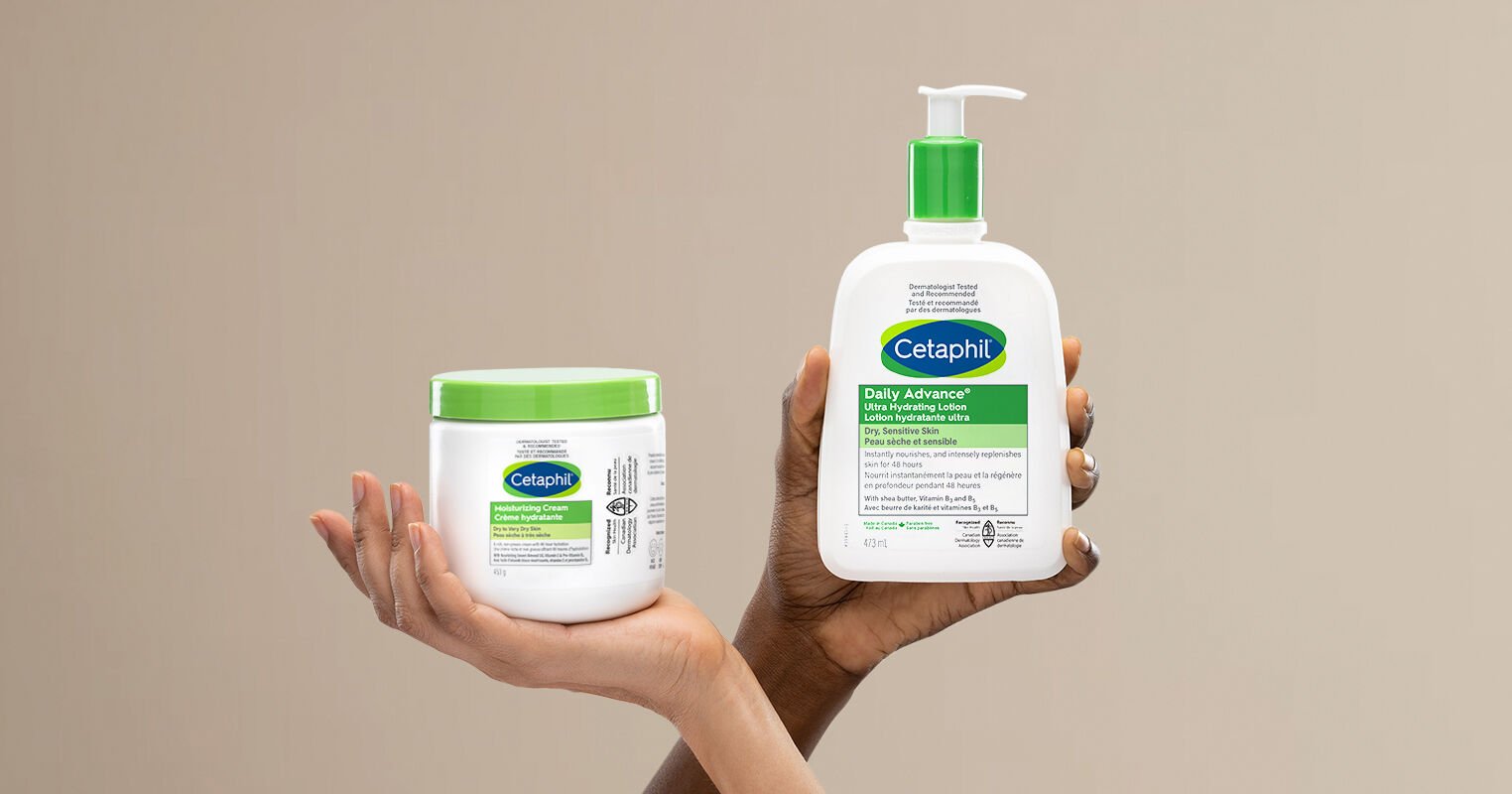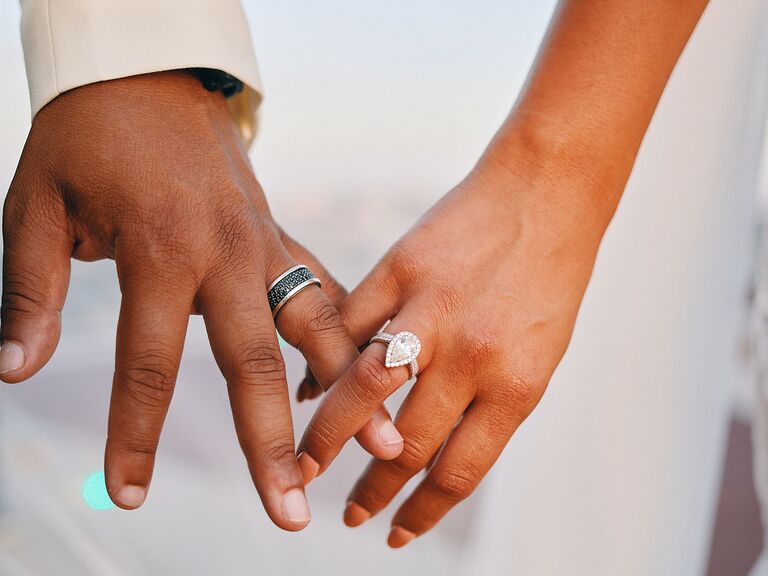
Recent Covid restrictions in China have dealt another setback to cosmetics giant Estee Lauder as it tries to emerge from a pandemic slowdown.
The owner of Clinique and Bobbi Brown cut its sales forecast almost in half for the 12 months to July, citing weeks-long shutdowns that stopped it from shipping products in China.
It now expects overall growth of just 7% to 9%, down from as much as 16%.
Executives said it marked a temporary hit to a broader “makeup renaissance”.
The beauty industry has been working to recover from the pandemic, which prompted a prolonged shift to more minimal beauty routines.
Estee Lauder said that outside of China, shoppers are buying makeup and perfume again, spurred by returns to the office, increased restaurant dining and an uptick in parties.
Sales in the Americas in the January-March period jumped 15% year-on-year, while in Europe, the Middle East & Africa they gained 17%. The UK led growth in Europe, as in-person shopping rebounded.
Buyers are in a mood to pamper themselves, with prestige skincare lines such as La Mer growing especially fast, said chief executive Fabrizio Freda.
The company’s fragrance business has also been booming, with sales up 31% in the quarter, compared to the prior year.
But restrictions in China – which typically accounts for more than a third of the Estee Lauder’s business – weighed on its results, dragging down the firm’s sales in the Asia Pacific region by 4%.
While online demand remained strong, sales at bricks and mortar stores dropped precipitously and logistics were severely disrupted.
For the last 15 days of March, the firm was unable to ship any orders due to the shutdowns in Shanghai, its distribution hub, executives said.
They said they did not expect the logistics hurdles to ease until mid-May at the earliest.
“It’s not about consumer demand,” Mr Freda. ” It’s about access to consumers.”
“Obviously that’s temporary,” he added.
Overall sales at Estee Lauder rose less than expected, up just 10% to $4.25bn compared to the same period last year. Profits were $558m, up more than 20%.
Shares sank more than 5% following the results.
While the beauty industry continues to face challenges from the pandemic, its sales have been lifted as people opt for more expensive products – despite using makeup and washing hair less frequently, according to research firm Kantar.
Estee Lauder rival L’Oreal said last month that sales rose 19% in the first three months of the year, compared to 2021 – ahead of analyst expectations.
It said purchasing behaviour had been unaffected by inflation.
Estee Lauder has already increased prices and expects to do so again in July, executives said.





More Stories
Types of Hair Salon Services
Beauty Salon Software
Plastic Surgery for Knobby Knees